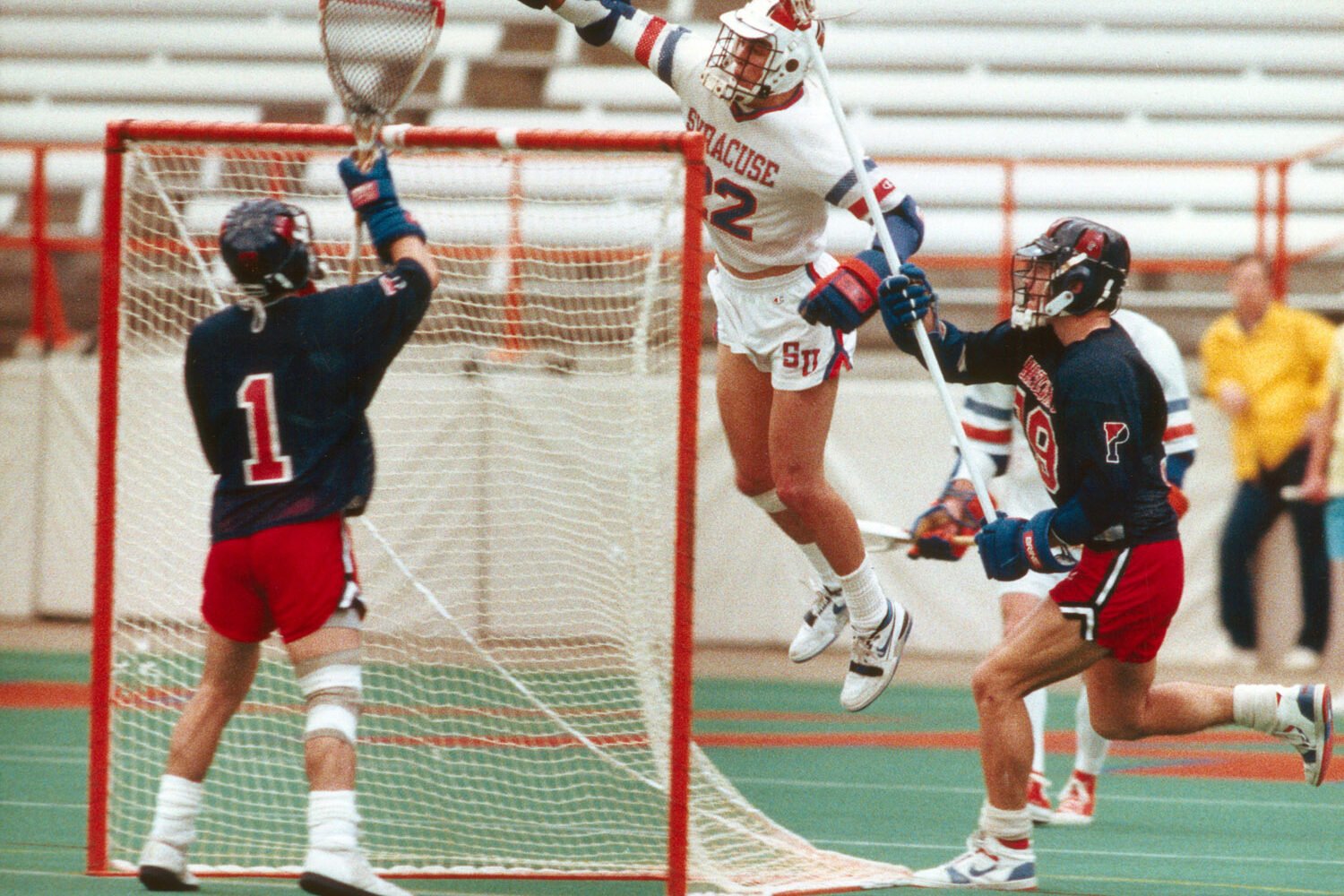National correspondent Vic Gold has been a Redskins season-ticket holder since the Otto Graham era.
By the time he arrived in Washington in 1969 to take over the Redskins, Vince Lombardi was a coaching legend. His Green Bay Packers had dominated the National Football League in the 1960s, winning the first two Super Bowls.
Lured out of retirement by Redskins owner Edward Bennett Williams, Lombardi coached the team only one year before dying of colon cancer. But his legend endures. The Super Bowl trophy bears his name, and, as author David Maraniss has pointed out, mention of Vince Lombardi recalls an era when pride and character mattered.
The question is often asked: Could the greatest of all pro coaches, with a mindset that seems old-fashioned today, be a winning coach in 2005?
To shed light on that subject, we turned to a Lombardi protégé, one of the stars of the 1969 season. An eighth-round draft pick who went on to become the league's Most Valuable Player in 1972, running back Larry Brown epitomized Lombardi's approach. We talked with Brown, now in commercial real estate, at his home in Potomac. Here's what he said:
Q: The story is that Lombardi once made you walk around with a football for a week, punishment for fumbling. Could he get away with that with today's stars?
A: Absolutely, if the player who fumbled wanted to get into a game. The thing is, it wasn't punishment but his way of keeping a player focused on what it takes to win. Lombardi had zero tolerance when it came to turning the ball over. After a week walking around with a football, you focus on holding onto it.
Q: I can't see multimillionaire stars like Clinton Portis or Jamal Lewis buying into that idea.
A: I can, because no matter how much money a player makes, he wants to win. Lombardi had the credentials to convince players that if they did things his way, they'd end up wearing Super Bowl rings.
Q: Even players like Terrell Owens?
A: Even Owens, if he'd like a Super Bowl ring to talk about after he retires, not just how much money he made.
Q: So Owens would put up with Lombardi's 1960s-style discipline–no popping off, criticizing his teammates.
A: Any time a player did something that appeared self-serving–drawing attention to yourself, not the team–he'd be gone. No matter how big the player, there was something about Lombardi. He commanded respect.
Q: Do you see any coaches like that around today?
A: Bill Belichick comes to mind, and Bill Parcells.
Q: What about Joe Gibbs?
A: Definitely. Look at the record. But Gibbs has a different temperament. When Lombardi saw something he didn't like, he was in your face, like General Patton. Gibbs has the same passion to win but handles players in a less confrontational way. Same results–they get the message.
Q: How about today's players? Do you see any who fit the Lombardi mold?
A: Tom Brady. He's not flashy but gets the job done. LaDainian Tomlinson's another, along with LaMont Jordan, Brian Westbrook, Jon Jansen, and Larry Allen.
Q: You say Lombardi had zero tolerance for mistakes on the field. What about off-the-field conduct–steroids, drug use?
A: I can't imagine him trying to develop a winning program while maintaining a rehab center.
Q: What about the league rules on giving players second and even third chances?
A: They could tell him who to reinstate, but they couldn't tell him who to play.
Q: What about free agency? How would Lombardi have handled the problem of losing his key personnel, even star players, from season to season?
A: Don't forget, what set Vince Lombardi apart was his ability to create a competitive environment where superstars were replaceable–and they knew it. Nobody was coddled or got special treatment.
Q: Is that what Jerry Kramer meant when he said, "Lombardi treats us all the same–like dogs"?
A: A funny line, but I think Kramer knew that was only the coach's way to set a tone that got the best out of his players.
Q: Like turning eighth-round draft picks into MVPs?
A: That's what made Vince great. He changed the life of every player he coached, even if you played for him only one season.

















